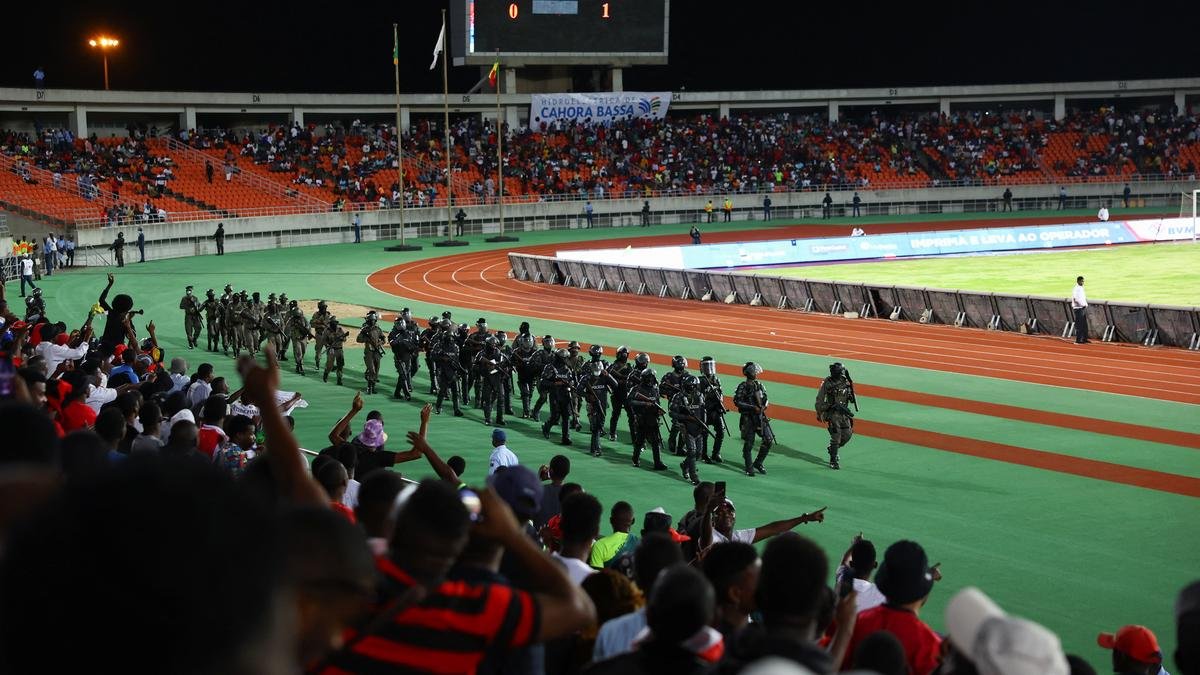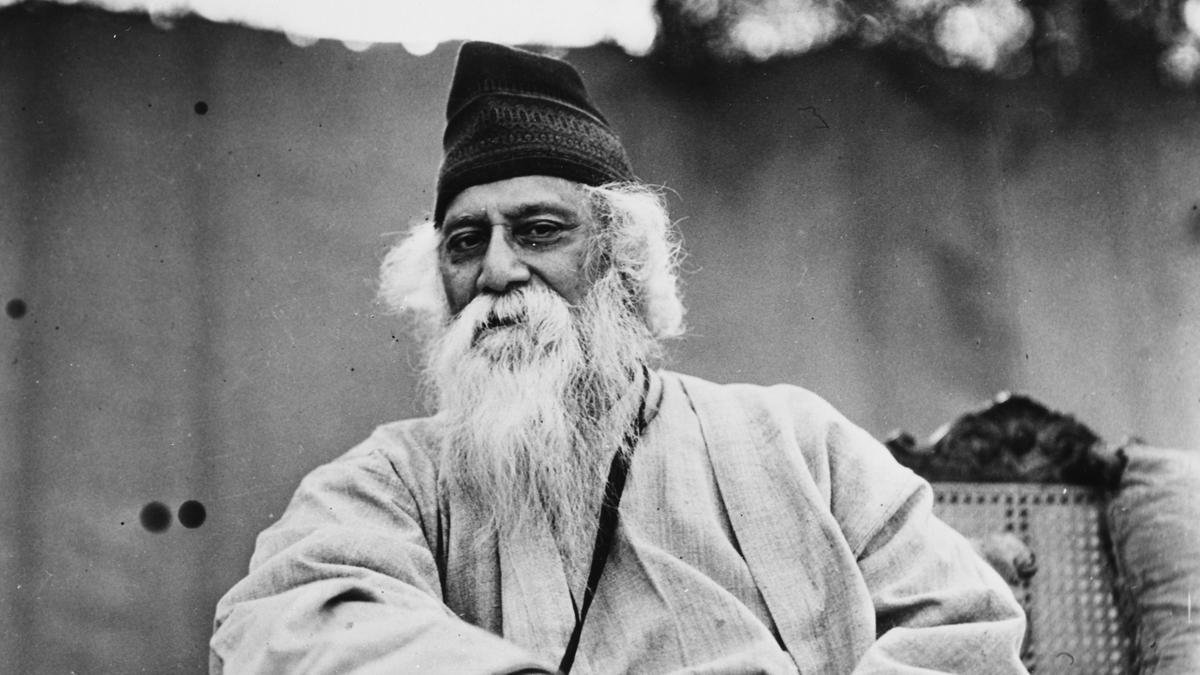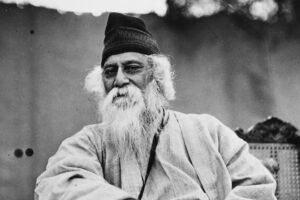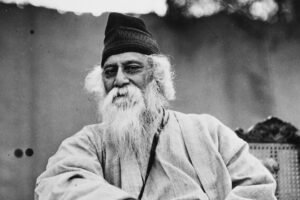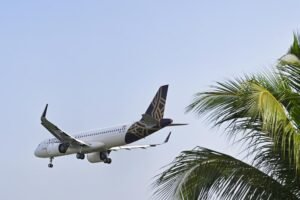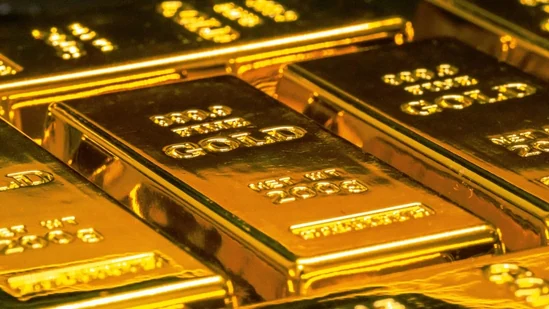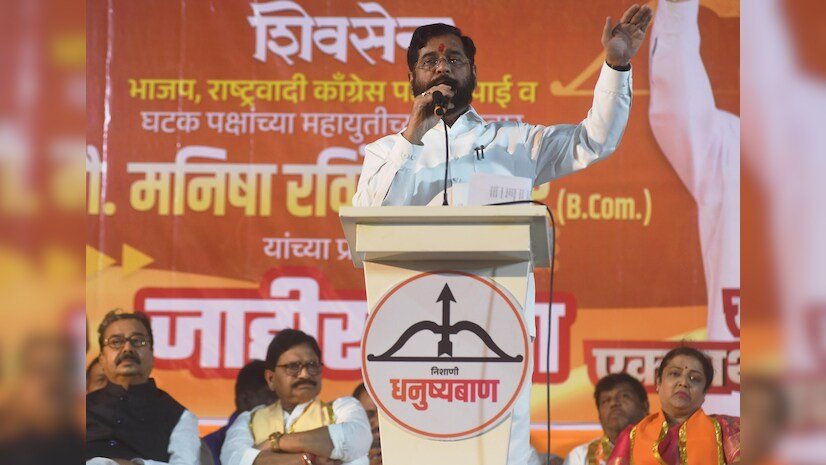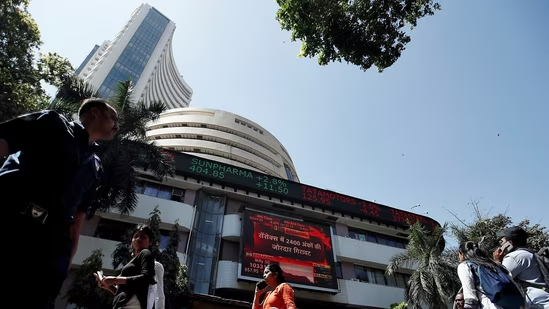Will Prabowo Subianto align with Donald Trump or strengthen ties with China?
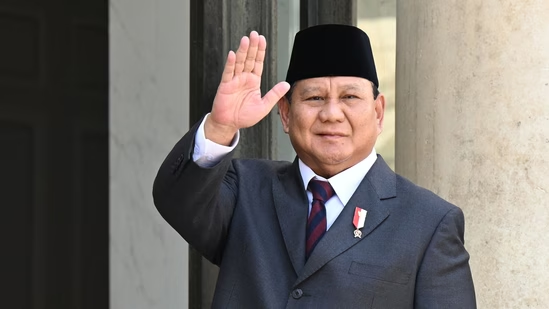
The first foreign trips for Indonesia’s new president raise awkward questions
Prabowo’s China and U.S. Dilemma: Navigating Economic Ties and National Sovereignty
In 1985, CIA analysts speculated that Army Captain Prabowo Subianto, Suharto’s son-in-law, could succeed the Indonesian dictator. U.S. officials had started cultivating Prabowo, inviting him to military courses, believing his presidency would maintain Indonesia’s alignment with the U.S. during the Cold War.
The CIA’s early prediction about Prabowo Subianto’s rise proved accurate. In February’s election, more than 25 years after Suharto’s fall, Prabowo won a landslide victory, resembling Donald Trump’s rise. Both are aging strongmen who secured power through free elections. Prabowo will make his first overseas trip on November 8.
First he will land in Beijing. Mr Prabowo will then visit Washington. Indonesian diplomats say he may also stop over in Florida to meet Mr Trump before going on to Latin America. Coming so soon after Mr Prabowo’s surprise decision for Indonesia to join the BRICS bloc last month, his early foreign-policy moves have rattled American diplomats. They appear to mark a shift towards China and away from the mostly non-aligned position taken by his predecessor, Joko Widodo (or Jokowi).
It was not until 1990 that the two re-established diplomatic relations. And it was only after Suharto fell in 1998 that diplomacy between the two picked up pace. Economic and military links took even longer.
Jokowi came to office in 2014 with plans to develop transport infrastructure across the sprawling archipelago. At the same time officials in Beijing were cooking up China’s Belt and Road Initiative, an infrastructure-building scheme.These goals, most foreign investors had long told Indonesians, were unachievable due to the poor investment climate.
Chinese development banks, however, stepped into the breach. They funded railways, roads, airports and ports. Private Chinese investors then made deals to process minerals, particularly nickel, in Indonesia. By the end of Jokowi’s decade in office, China had become Indonesia’s most important investor (see chart). Indonesia had also become a leading processor of nickel ore used in batteries, a key part of the green energy supply chain.
Mr Prabowo thus inherits a strong economic relationship, which he seems set to expand. His brother, a billionaire businessman who has bankrolled his political aspirations, told a seminar last month that Mr Prabowo would pitch to Chinese state investors a $60bn sea wall to cover most of the north coast of Java, from the capital, Jakarta, to the second city, Surabaya, as great a distance as between Los Angeles and San Francisco. The first phase, worth $11bn, would protect just Jakarta, which suffers from severe flooding because of subsidence. Experts reckon the project will be a white elephant.
Mr Prabowo’s relationship with America is more complicated. In the waning days of his father-in-law’s rule he ordered his men to kidnap activists protesting against it. Some remain missing. Only after Mr Prabowo became defence minister in 2019 did America change its mind. The re-election of Mr Trump, whose first administration lifted the visa ban, may ease co-operation.
Prabowo’s Balancing Act: Navigating Relations with China and the West
Don’t look back in anger
As Jokowi’s defence minister, Mr Prabowo did deals with America, France, Italy, South Korea and Turkey, among others. Especially when it came to big-ticket items like jets and ships, Indonesia generally avoided buying Chinese kit.
Whether Mr Prabowo is willing to break this taboo in Indonesia’s relations with China is unclear. According to one person with knowledge of a proposal on the table, China is hoping to sell frigates and submarines.
Dino Patti Djalal, a former Indonesian diplomat, questions buying ships from China amid their dispute over South China Sea resources. Indonesian coastguard vessels have recently shadowed Chinese ones in waters where their economic zones overlap.
“For a long time, America was the reference point,” he says, explaining that Indonesia was careful not to align too closely with Uncle Sam. “Now”, he says, “China is the reference point. They need to remember that.”

